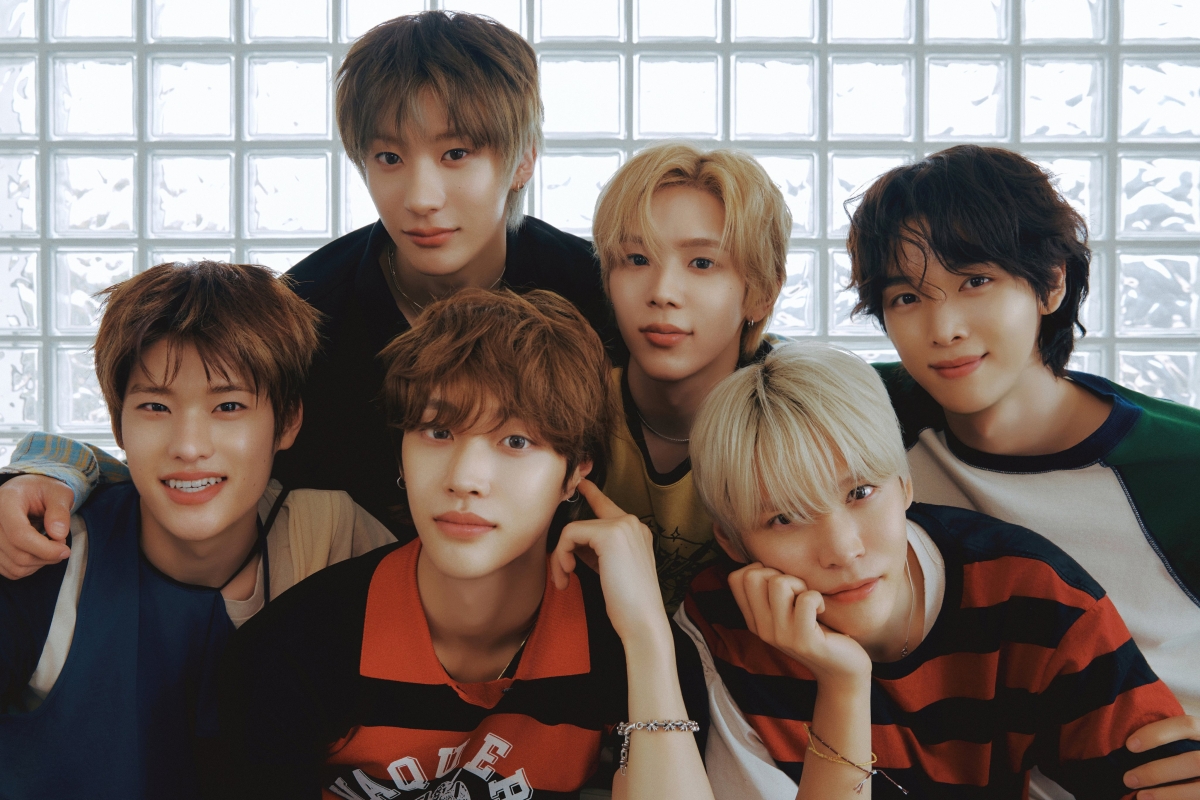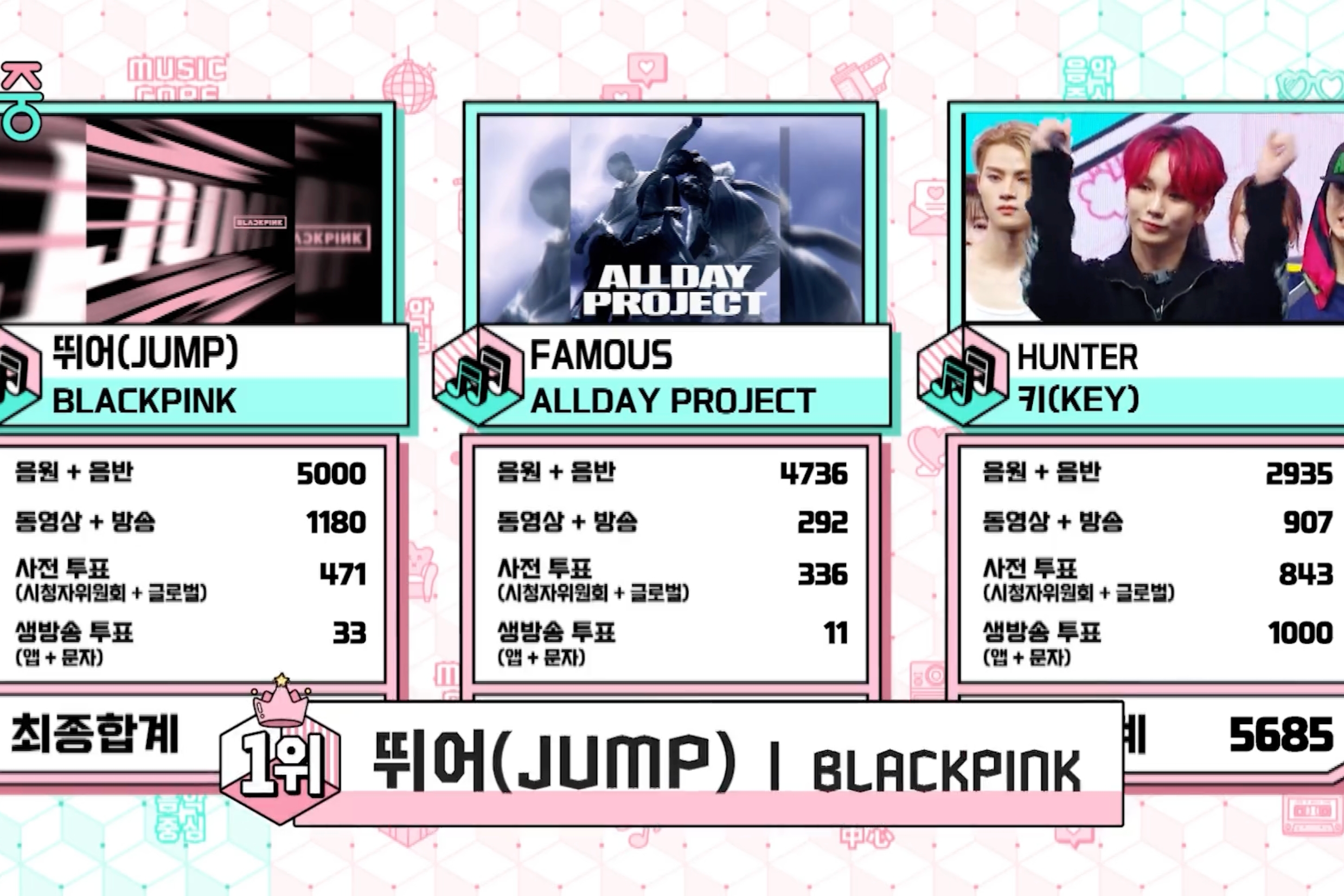The Rising Trend of Idol Group Disbandments
The K-pop industry is currently experiencing a significant wave of disbandments among idol groups. As of 2025, several prominent groups, including RBW’s PURPLE K!SS, Weekly, and Everglow, have announced their disbandments. This trend is particularly alarming, as it reflects the growing difficulties faced by mid-sized agencies in navigating a fiercely competitive market.
Recent Disbandments and Their Impact
In 2024, groups such as Cherry Bullet, Nature, Signature, and Rocket Punch concluded their activities, adding to the ongoing crisis. The situation has worsened post-COVID-19 pandemic, as many groups formed during this era struggle to find sustainable performance opportunities. Cultural critic Shim Jaegul highlights this trend, noting that it showcases the precarious position of smaller companies in the K-pop landscape.
Financial Struggles of Mid-Sized Agencies
The increasing number of disbandments raises questions about the financial health of these agencies. As the market becomes more saturated, the need for strategic planning becomes paramount. Recently, S2 Entertainment managed to secure a 5 billion KRW investment from three venture capital firms, which may help stabilize their operations. However, many agencies remain at risk due to limited resources.
The Broader Implications for the K-Pop Market
The current state of the K-pop market is described as a crisis, with many viewing the disbandments as a natural correction in an oversaturated environment. The balance between financial resources and quality remains critical. Agencies must differentiate their marketing strategies, avoiding the pitfalls of simply following trends. The K-pop audience is discerning, and innovation is key to survival.
Fan Reactions and Future Outlook
Fans have expressed mixed reactions to these disbandments, with many mourning the loss of their favorite groups. As the industry grapples with these challenges, observers are left wondering what the future holds for K-pop. The disbandments signal a potential shift, prompting agencies to reevaluate their approaches and possibly leading to a new era in K-pop.
In conclusion, the disbandment of idol groups in 2025 highlights the ongoing challenges within the K-pop industry. As financial pressures mount, agencies must adapt to survive in this ever-evolving market.
This article has been written by Kpopmap AI writer and while we have made efforts to ensure the accuracy of the article, there may be errors or inaccuracies.
 3 weeks ago
29
3 weeks ago
29







![[Review] Hold My Hand – HAN (Stray Kids)](https://i0.wp.com/kpopreviewed.com/wp-content/uploads/2025/09/straykids-han-holdmyhand.png?fit=1200%2C617&ssl=1)











 English (US) ·
English (US) ·